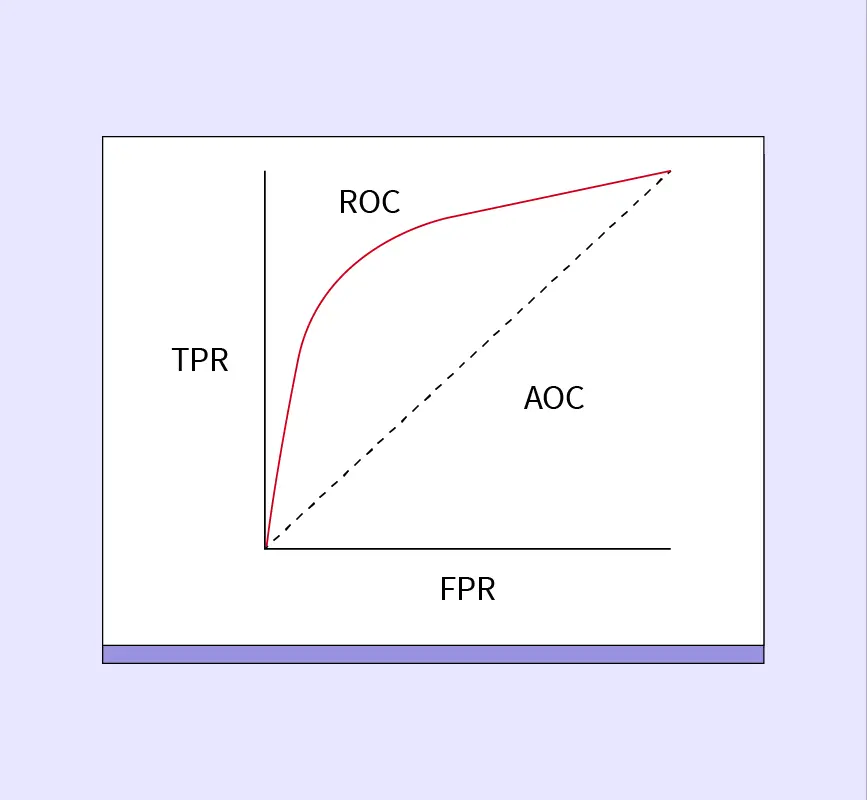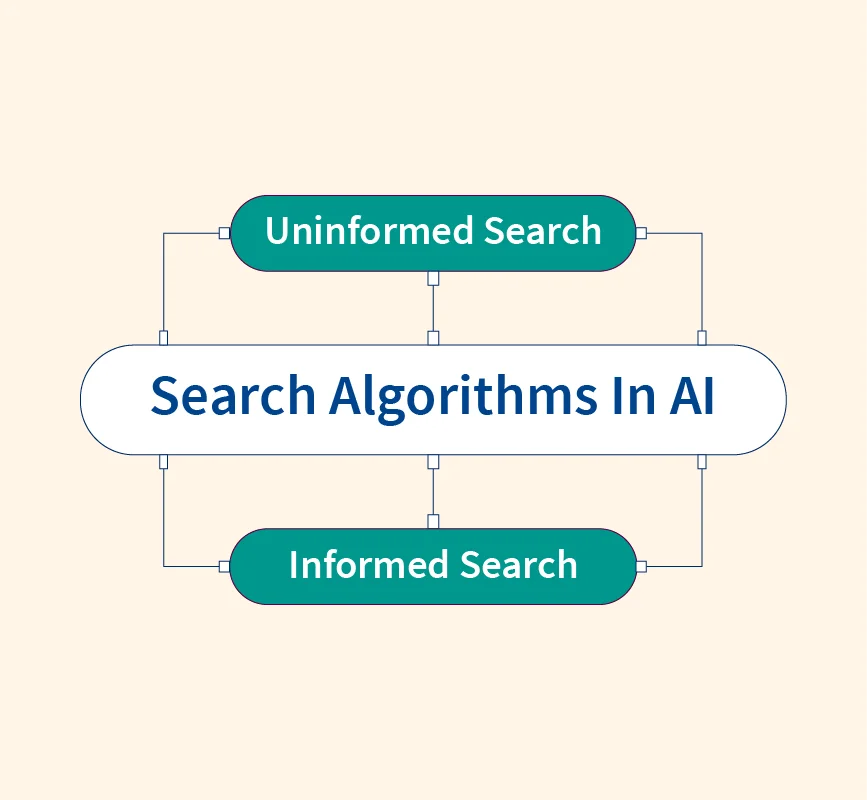In today’s data-driven world, data science has emerged as one of the most exciting and rewarding career paths. From uncovering critical business insights to driving innovation in industries like healthcare, finance, and technology, data science professionals are in high demand.
As companies increasingly rely on data to make informed decisions, the need for skilled data scientists is skyrocketing, offering opportunities for growth, high salaries, and job flexibility. According to a LinkedIn report, the demand for data science roles has grown by over 30% year-over-year, making 2024 the ideal time to start your career in this field.
What is Data Science?
At its core, data science is the process of collecting, analyzing, and interpreting large sets of data to extract meaningful insights. It blends multiple disciplines like statistics, computer science, and domain-specific knowledge to help businesses solve complex problems, make informed decisions, and predict future trends.
Data scientists use a combination of programming languages, algorithms, and machine learning models to process vast amounts of information. Their work ranges from cleaning and organizing raw data to building predictive models that can forecast future outcomes. As data continues to grow exponentially, data science is becoming the backbone of decision-making in various industries, driving everything from personalized customer experiences to advanced healthcare solutions.
Why Start Your Data Science Career in 2024 and Beyond?
The future of data science continues to shine bright, with 2024 marking an opportune time to dive into this career. Let’s explore why:
1. High Demand for Data Scientists
As organizations across all sectors increasingly rely on data-driven decisions, the demand for skilled data scientists has surged. According to the U.S. Bureau of Labor Statistics, employment in data science-related roles is expected to grow by 36% from 2021 to 2031, outpacing most other occupations. This means ample job opportunities for both new and experienced professionals.
2. High Salary Potential
Data science professionals are some of the highest-paid employees in the tech industry. In the U.S., the average salary for a data scientist is over $120,000 per year, with experienced professionals earning significantly more. In regions like India, the average salary is approximately ₹1,000,000 annually, making data science a lucrative career globally.
3. Various Job Opportunities
Data science offers diverse career paths, from data analysts and machine learning engineers to business intelligence analysts and data engineers. This variety allows individuals to specialize in areas they are most passionate about while enjoying job stability and growth.
4. Work Environment Flexibility
Data scientists often enjoy flexible working environments, including the option to work remotely. With data science tools and platforms accessible from anywhere, many companies offer work-from-home or hybrid work models, making this career appealing to those seeking a better work-life balance.
5. Innovation and Advancements
Data science is at the forefront of innovation, contributing to advancements in artificial intelligence (AI), automation, and predictive analytics. By entering the field now, you’ll be part of a growing industry that plays a critical role in shaping the future.
Growing Demand for Data Science Professionals
The demand for data science professionals has been growing exponentially across various industries. In today’s digital landscape, data is more valuable than ever, and organizations are increasingly seeking skilled individuals who can unlock the potential within vast datasets. As companies realize the competitive edge data science provides, the need for experts to manage and analyze data has never been greater.
A recent report by IBM estimates that the demand for data scientists will increase by 28% by 2025. Companies across sectors like finance, healthcare, retail, and technology are actively hiring data scientists to transform data into actionable insights that drive decision-making. This surge in demand means job security, high earning potential, and numerous opportunities for professionals skilled in data science.
Whether it’s improving patient outcomes in healthcare or enhancing customer experience in retail, data scientists are at the core of industry innovation. As the world becomes more data-centric, this demand will continue to grow, making data science one of the most promising career fields in the coming years.
Industries That Have High Demands for Data Scientists
Data science has found applications across a wide range of industries, with each sector leveraging data in unique ways to gain a competitive advantage. Here are some of the key industries where the demand for data scientists is particularly strong:
1. Healthcare
Data science is revolutionizing healthcare by enabling predictive analytics, personalized medicine, and more efficient clinical trials. Hospitals and pharmaceutical companies use data-driven insights to improve patient outcomes and optimize operational efficiency. From medical image analysis to disease prediction, data scientists are helping shape the future of healthcare.
2. Finance
The finance industry has long been a data-driven field, and the rise of data science has further enhanced its capabilities. Financial institutions use data science for risk management, fraud detection, algorithmic trading, and personalized financial services. Banks and investment firms are heavily investing in data science talent to improve decision-making processes and customer experiences.
3. Retail
In the retail industry, data science is used to analyze customer behavior, optimize pricing strategies, and improve supply chain management. E-commerce platforms like Amazon and traditional retailers alike rely on data scientists to forecast demand, manage inventory, and personalize marketing campaigns based on consumer preferences.
4. Technology
Tech companies are at the forefront of data science innovation. From Google and Facebook to startups focused on AI and machine learning, technology firms are constantly hiring data scientists to work on big data, artificial intelligence, and product development. These companies rely on data to improve their products, predict market trends, and drive user engagement.
5. Manufacturing
In manufacturing, data science plays a crucial role in optimizing production processes, predicting equipment failures, and improving supply chain logistics. Companies use predictive analytics to reduce downtime, increase efficiency, and lower costs, making data science an essential part of modern manufacturing operations.
6. Telecommunications
Telecom companies use data science to enhance network services, optimize bandwidth usage, and reduce churn rates. By analyzing customer data, telecom providers can offer personalized plans and improve customer retention.
Current Trends in Data Science Salaries
The salary potential for data science professionals continues to rise as demand grows globally. Let’s break down the salary trends for data scientists in different regions:
Data Scientist’s Salary in India
India has become a hub for data science talent, with tech companies and startups driving demand for data professionals. The average salary for a data scientist in India is around ₹1,000,000 per year. However, salaries can significantly increase with experience and specialization. For example, a senior data scientist with 5-10 years of experience can earn between ₹1,700,000 and ₹2,500,000 annually. Cities like Bengaluru, Delhi, and Mumbai offer some of the highest-paying opportunities in this field.
Data Scientist’s Salary in the US
In the United States, data science remains one of the most lucrative tech careers. The average salary for a data scientist is approximately $120,000 per year. In major tech hubs like San Francisco, New York, and Seattle, salaries often exceed $150,000. Additionally, more specialized roles, such as machine learning engineers and AI specialists, can earn even higher salaries, with some professionals bringing in over $180,000 annually. Experience, education, and industry also play significant roles in determining compensation.
Global Salary Overview
Globally, the trend is consistent: data science is a high-paying career, with salaries growing alongside the demand for skilled professionals. Countries like Canada, Australia, and the UK also offer competitive salaries in the data science field, with average pay ranging from $80,000 to $120,000 per year. As companies worldwide look to leverage big data, the salary prospects for data scientists are expected to remain strong.
Data Science Career Future Outlook
The future of data science is incredibly promising, with no signs of slowing down. As organizations increasingly rely on data-driven strategies, the demand for data scientists will continue to grow across industries. Let’s explore the factors that contribute to the long-term prospects of this exciting field:
AI and Machine Learning Integration
Artificial Intelligence (AI) and Machine Learning (ML) are reshaping the data science landscape. Data scientists are at the forefront of developing and deploying AI models that can automate decision-making, predict trends, and enhance operations. With businesses focusing on AI-driven solutions, the need for skilled data scientists proficient in these technologies will only intensify.
Expansion Across Industries
While data science has traditionally been associated with technology companies, its application is now expanding into sectors like healthcare, education, government, and more. As these industries continue to digitize their operations, the demand for data scientists will rise, creating opportunities for professionals in non-tech fields.
Focus on Ethical Data Usage
With the increasing use of big data comes the responsibility of ethical data management. Data scientists will play a crucial role in ensuring that data is collected, stored, and used in a way that respects privacy and complies with regulations such as GDPR. As a result, future data science roles may require a greater focus on ethics and governance.
Globalization and Remote Work
The rise of remote work and the globalization of the tech workforce have opened up new avenues for data scientists. Companies can now hire talent from around the world, increasing opportunities for professionals in regions with emerging data science communities. This trend will likely continue, making the field even more accessible to aspiring data scientists worldwide.
Overall, data science is not just a trend—it’s a long-term, sustainable career path with vast potential for growth, innovation, and influence in shaping the future.
In-Demand Data Science Job Roles
The field of data science encompasses a range of specialized roles, each with unique responsibilities and skill requirements. Here’s an in-depth look at some of the most sought-after job titles in data science:
1. Data Analyst
Data analysts are responsible for interpreting data and turning it into actionable insights. They work with large datasets to identify trends, patterns, and anomalies. Key tasks include:
- Data Collection and Cleaning: Gathering data from various sources and ensuring its quality by removing inconsistencies and errors.
- Data Visualization: Creating charts, graphs, and dashboards to present data findings in a clear and understandable manner.
- Statistical Analysis: Applying statistical techniques to analyze data and derive meaningful conclusions.
- Reporting: Generating reports to inform decision-making processes for stakeholders.
2. Data Administrator
Data administrators manage the organization, maintenance, and integrity of data systems. Their role is crucial for ensuring that data is secure, accessible, and efficiently managed. Responsibilities include:
- Database Management: Overseeing the structure and operation of databases to ensure data is stored and retrieved effectively.
- Data Security: Implementing measures to protect data from unauthorized access and breaches.
- Performance Monitoring: Ensuring database performance is optimized, including managing backups and recovery processes.
- Troubleshooting: Resolving issues related to data storage and access.
3. Data Engineer
Data engineers focus on designing, building, and maintaining the infrastructure needed for data generation, storage, and processing. Their role is essential for enabling data scientists to access and analyze data effectively. Key tasks include:
- Data Pipeline Development: Creating and managing pipelines that transport data from various sources to data warehouses.
- Database Design: Designing and implementing database architectures that support data storage and retrieval.
- ETL Processes: Developing Extract, Transform, Load (ETL) processes to ensure data is correctly transformed and integrated.
- Performance Tuning: Optimizing data processing workflows and systems for efficiency.
4. Marketing Analyst
Marketing analysts use data to understand market trends and consumer behavior, helping businesses to refine their marketing strategies. Their key responsibilities include:
- Market Research: Analyzing market conditions to identify opportunities and threats.
- Campaign Analysis: Evaluating the effectiveness of marketing campaigns and strategies.
- Customer Segmentation: Using data to segment customers and target specific demographics with tailored marketing efforts.
- Trend Analysis: Monitoring and interpreting trends to inform marketing decisions and strategies.
5. Machine Learning Engineer
Machine learning engineers develop and deploy algorithms that enable systems to learn from data and make predictions. They play a crucial role in building AI models and applications. Their responsibilities include:
- Model Development: Designing and developing machine learning models to solve specific problems or perform tasks.
- Algorithm Selection: Choosing appropriate algorithms and techniques based on the problem and data.
- Model Training and Testing: Training models on large datasets and evaluating their performance using metrics.
- Deployment: Integrating models into production systems and ensuring they function effectively in real-world scenarios.
6. Business Analyst
Business analysts leverage data to understand business needs and recommend solutions. They act as a bridge between data insights and business strategies. Their roles involve:
- Requirements Gathering: Collaborating with stakeholders to identify business needs and objectives.
- Data Interpretation: Analyzing data to provide actionable insights and recommendations.
- Process Improvement: Identifying areas for improvement and proposing solutions to enhance business operations.
- Documentation: Creating documentation and reports that clearly communicate findings and recommendations.
7. Data Architect
Data architects design and structure data systems to meet organizational needs. They ensure that data is organized and stored in an efficient manner. Key responsibilities include:
- Data Modeling: Creating models to represent data structures and relationships.
- Database Design: Designing databases that support the organization’s data requirements.
- Data Integration: Ensuring data from various sources is integrated seamlessly.
- System Architecture: Developing architectures that support data storage, retrieval, and management.
8. Data Manager
Data managers oversee data-related projects and teams, ensuring that data strategies align with business objectives. Their responsibilities include:
- Project Management: Leading data projects and ensuring they meet deadlines and objectives.
- Team Coordination: Managing and mentoring data teams to ensure productivity and skill development.
- Data Strategy: Developing and implementing data strategies that align with organizational goals.
- Quality Assurance: Ensuring data quality and integrity across all data processes and systems.
How Can You Start Your Data Science Career?
Step 1: Get a Bachelor’s Degree
A degree in computer science, statistics, mathematics, or a related field provides a strong foundation for a data science career.
Step 2: Learn Relevant Programming Languages
Proficiency in programming languages such as Python, R, and SQL is crucial for data analysis and modeling.
Step 3: Learn Related Skills
Develop skills in data visualization, machine learning, and statistical analysis to enhance your capabilities as a data scientist.
Step 4: Internship (If beginner)
Gaining practical experience through internships or projects can provide hands-on experience and improve your job prospects.
Step 5: Considering Specialization Paths and Certifications
Certifications and specializations in areas like machine learning, artificial intelligence, or big data can further boost your career prospects and expertise.
FAQs
Is a career in data science worth it?
Yes, a career in data science is highly rewarding due to its high demand, lucrative salaries, and opportunities for professional growth.
Is data science in high demand?
Absolutely. Data science professionals are in high demand across various industries as organizations increasingly rely on data-driven insights.
Is data science a high paying job?
Yes, data science is known for its high salary potential, with significant earnings for skilled professionals in the field.
Will AI replace data scientists?
While AI will automate some aspects of data science, the need for human expertise in interpreting complex data and creating innovative solutions remains crucial.
Is data science need coding?
Yes, coding is a fundamental skill in data science, as it is essential for data manipulation, analysis, and building models.
Is data scientist a stressful job?
Data science can be demanding due to tight deadlines and complex problems, but it also offers opportunities for creative problem-solving and innovation.


